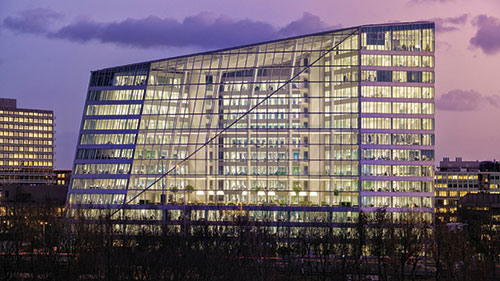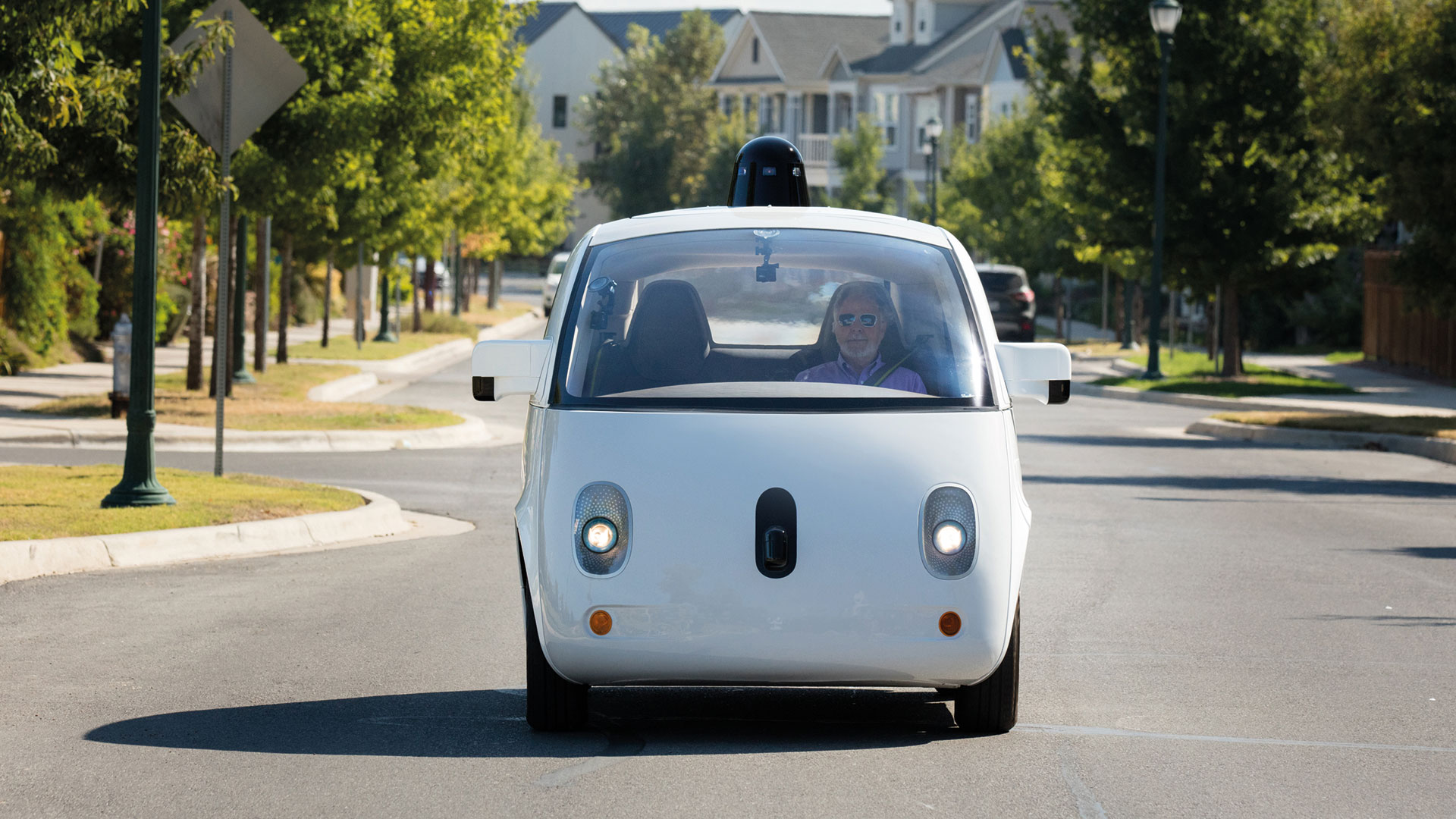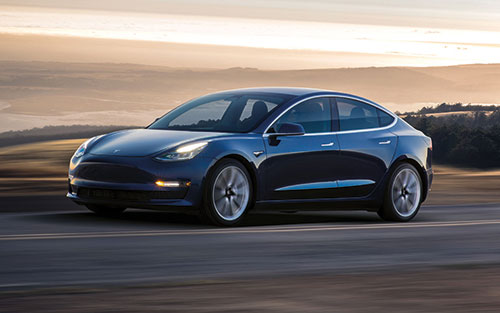Technological change is accelerating at a speed that’s almost never been seen before. The last 12 months saw rapid progress for artificial intelligence, vehicles that don’t need drivers and how connected everyone is. There was also that new iPhone!
But all that is a sign of things to come. The year 2018 promises a lot more as companies seek to launch intelligent products that understand us and are seamless to interact with. We’ve looked back over the last 12 months to see where the next ones will take us. Wired writer Matt Burgess talks us through the tech we can expect…
The smart office
Digital assistants have been installed in people’s homes for a few years now. Amazon’s Alexa, an artificial intelligence assistant, has been sold in the company’s Echo speaker since 2014 (it was introduced in the UK in 2016) and has since seen increased competition from Google in the form of its Home device. The next step for these intelligent platforms is to find their way into offices. November 2017 saw Amazon announce Alexa for Business. It’s claimed the system can answer people’s verbal questions and help to arrange meetings, book rooms and more. There will also be more plug-and-play AI. Start-ups are creating online systems that can automate tasks, such as finding the right time for a meeting, and making them available for businesses for a fee. It means all companies can take advantage of intelligent systems, without having to hire specific software developers.

This kind of intelligent offering being added to offices will increase: our workplaces will become spaces where buildings know their inhabitants and can adapt to what an individual needs. Like your coffee at a particular temperature? The machine will be able to prepare your order based on facial recognition tech. The Edge, located in Amsterdam, is thought to be the most intelligent office in the world. It has 28,000 sensors which measure everything from how much a desk is used to the CO2 levels in each area.
“Employees connect to the building via a smartphone app that also checks people’s daily schedules and helps them find colleagues, reserve meeting rooms and desk spaces,” explains Anne Lise Kjær, the CEO of Kjaer Global. “AI, machine learning, voice control, facial recognition and the growth of connected ‘things’ and devices is part of an integrated system, where the flow and entry of personal data could allow digital services to be truly personalised.” Your office will soon know you better than your boss does.











